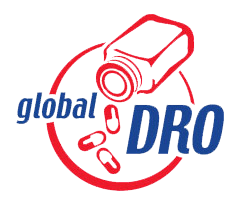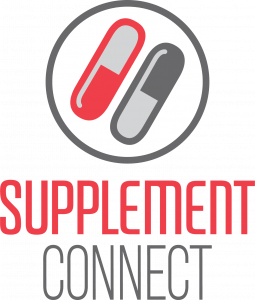Supplement Warning: Athletes at Risk from Ostarine in Supplements
Ostarine is the trademarked name for a Selective Androgen Receptor Modulator (SARM) that is not approved for human use or consumption in the U.S., or in any other country. Ostarine is also prohibited at all times under the S1. Anabolic Agent category of the World Anti-Doping Agency (WADA) Prohibited List.
In recent years, WADA has reported an increasing number of positive tests involving SARMs even though only illegal products contain ostarine and it’s not currently available as a prescription medication in any country.
For athletes, it’s especially important to be aware of the recent increase in supplement contamination and supplement-related incidences involving ostarine. The unfortunate reality is that some dietary supplement manufacturers illegally put ostarine and other SARMs in their products, and some omit ostarine from the label entirely or use misleading names to confuse consumers. While labels are unreliable, you should still look out for ostarine’s many synonyms, including MK-2866, enobasarm, (2S)-3-(4-cyanophenoxy)-N-[4-cyano-3-(trifluoromethyl)phenyl]-2-hydroxy-2-methylpropanamide, and GTx-024 on supplement labels.
Below are some figures that indicate just how problematic ostarine has become in the sports community.
- Positive tests involving ostarine have increased steadily in recent years, with WADA reporting more than 100 ostarine positives between 2015 and 2017.
- Since 2014, USADA has announced 39 cases involving the use or possession of ostarine.
- There are currently over 72 products on the High Risk List that contain ostarine. In 19 products, ostarine is not declared on the label. In many cases, there are no red flags or other indications that the product poses an anti-doping risk as the products list only vitamins, minerals, amino acids, or herbal ingredients.
As you can see, ostarine is a very real risk for athletes, and as always, it’s important for athletes to be informed consumers. This is especially true when it comes to supplements because the Food and Drug Administration (FDA) does not analyze the safety, efficacy, or label accuracy of supplements before they are sold to consumers. When considering supplements, keep in mind that product advertising or branding cannot be used to determine if a product is more or less risky.
The only way to have zero risk is to use zero supplements, so athletes who choose to use dietary supplements do so at their own risk. Please see USADA’s recommendation on how to reduce your risk if you choose to use dietary supplements.
Read an FDA warning against using SARMS in body-building products.
____________
Team USA weightlifter, Abby Raymond, explains how she tested positive for ostarine from a contaminated supplement at the age of 14.
____________
Need more information?
Research your medications on GlobalDRO.com.
Learn about supplement risks on Supplement Connect

Contact Athlete Connect with questions:
(719) 785-2000 or toll-free (866) 601-2632
AthleteConnect@USADA.org




